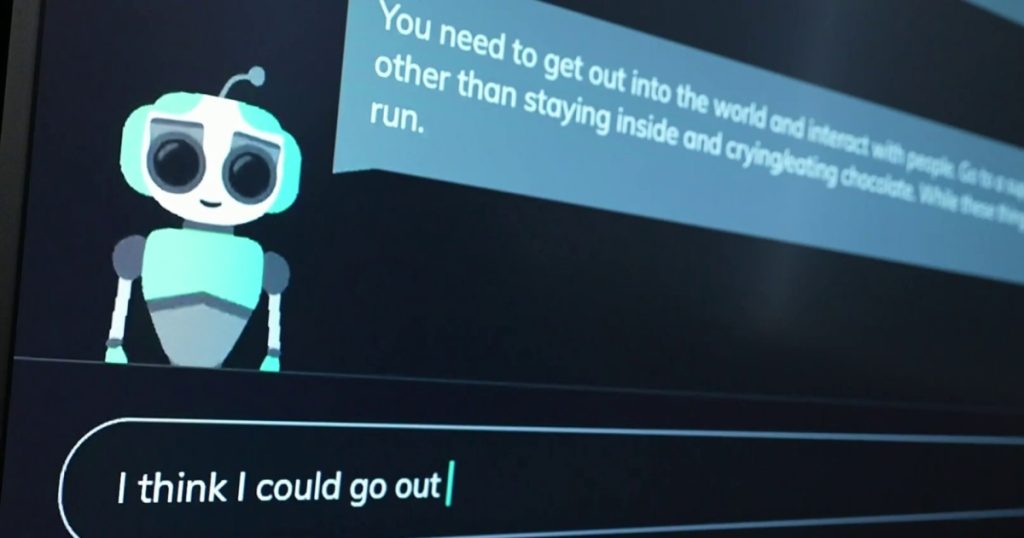As the mental health crisis in America continues to grow, some individuals are turning to artificial intelligence as a potential solution. Talking to a machine, such as the ChatGPT created by OpenAI, is being used as an adjunct to traditional therapy. Neuroscientist Daniel Toker believes that AI can be a useful tool in addressing mental health concerns. However, it is important to note that OpenAI cautions that AI should not be seen as a replacement for therapy with a human professional. The American Psychological Association has expressed concern about the risks associated with A.I. potentially providing inaccurate information.
Despite the potential benefits of using artificial intelligence in mental health care, there are also drawbacks and concerns that need to be addressed. While A.I. can be a useful tool in providing support and assistance to individuals struggling with mental health issues, it is crucial to recognize its limitations. A.I. technology is not capable of providing the same level of empathy and understanding that a human therapist can offer. Additionally, there are concerns about the accuracy of the information that A.I. systems may provide, which could potentially harm individuals seeking help for their mental health.
The rise of artificial intelligence in mental health care raises important ethical considerations that must be taken into account. One of the main concerns is the potential for A.I. to inadvertently harm individuals by providing inaccurate or harmful advice. This could have serious consequences for individuals who rely on A.I. for support with their mental health. Additionally, there are concerns about privacy and data security when using A.I. technology in mental health care. It is important to establish clear guidelines and regulations to protect the confidentiality of individuals seeking help through A.I. systems.
As artificial intelligence continues to advance and become more integrated into mental health care, it is essential to prioritize the well-being and safety of individuals seeking support. While A.I. can offer valuable assistance and tools for managing mental health issues, it should not replace human therapists and mental health professionals. It is critical to have a comprehensive approach that combines the benefits of A.I. technology with the expertise and compassion of trained professionals. By ensuring that A.I. is used responsibly and ethically in mental health care, we can harness its potential to help individuals in need.
In conclusion, the use of artificial intelligence in mental health care presents both opportunities and challenges. While A.I. can offer valuable support and resources for individuals struggling with mental health issues, it is essential to approach its use with caution and thoughtfulness. There is a need for clear guidelines and regulations to ensure the ethical and responsible implementation of A.I. technology in mental health care. By prioritizing the well-being and safety of individuals seeking help, we can harness the potential of A.I. to enhance mental health care while also recognizing its limitations and potential risks. Through a balanced and comprehensive approach, we can leverage the benefits of A.I. technology to support individuals in need while also upholding ethical standards and protecting their privacy and confidentiality.


